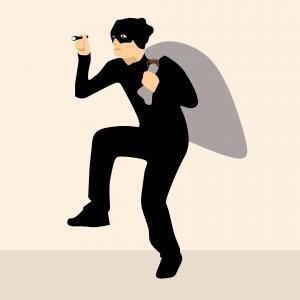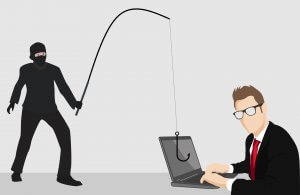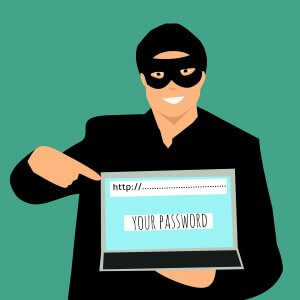How to stay safe from scams during COVID-19
This article is posted by Tom Harman on New Zealand’s Sort-It. It is being presented on the ĠEMMA portal. The original article is to be found here: https://sorted.org.nz/must-reads/how-to-stay-safe-from-scams-during-covid-19/
If there’s one way that scammers are predictable, it’s that they will take advantage of people whenever they can. They see this as an opportunity. Unfortunately, fraudsters will never let a good crisis go to waste. Where there is heightened public awareness about an issue, the scams will follow. We need to stay vigilant to avoid having money or our identities stolen.

And in times when all looks bleak – worried both the health of our loved ones, about our job, how to cope when income is reduced – the danger for falling for a scam is far more likely than life is its normal self, as we want to believe that a good news break has finally come my way.
Fraudsters are using COVID-19 as a way to grab our attention. Here are some examples:
- Phishing emails or texts pretending to offer information updates or access to testing centres, requesting recipients to enter personal information or click on links. The links install malicious software, enabling scammers to find passwords, access email accounts and download personal information such as bank account details.

- Offers of a ‘coronavirus map’ app to track the pandemic but which instead downloads malicious software on your device.
- Cold calls with offers of investments in industries experiencing heightened demand due to the virus, such as pharmaceuticals, or in ‘safe havens’ such as gold.
- Phone calls from scammers pretending to be health officials asking for your personal information, or saying they have test results but need your credit card details to process a payment.
Remember that anyone can fall victim to a scam – especially when you are going through something stressful. And COVID-19 has made sure that we’re all under stress! Fraud networks are sophisticated, and their techniques are more likely to succeed when people are distracted or stressed. Netsafe, the non-profit online safety organisation, points out signs which you should be aware of which will show you that you are targeted.
- Contacted out of the blue.
- Asked for your password.
- Asked to verify your account or details.
- Asked for remote access to your device.
- Being pressured to make a decision quickly.
- Asked to pay in an unusual way.

These are all red flags. Remember, legitimate companies or government agencies will never ask for your passwords. Scammers like to use payments that can’t be traced. And unfortunately, organisations can seem real when they’re not.
Here are our top tips to stay safe:
- Stop and think: Is this for real?
- Only click on links if you’re 100% certain they are legitimate.
- Remember that health officials will not ask for passwords or expect payment for tests. If you receive a request like this, delete it or hang up.
- If you’re suspicious of any caller, hang up and call the official number of the organisation they say they represent to check if the call was genuine.
- Avoid cold calls with investment offers are illegal. Just hang up!



